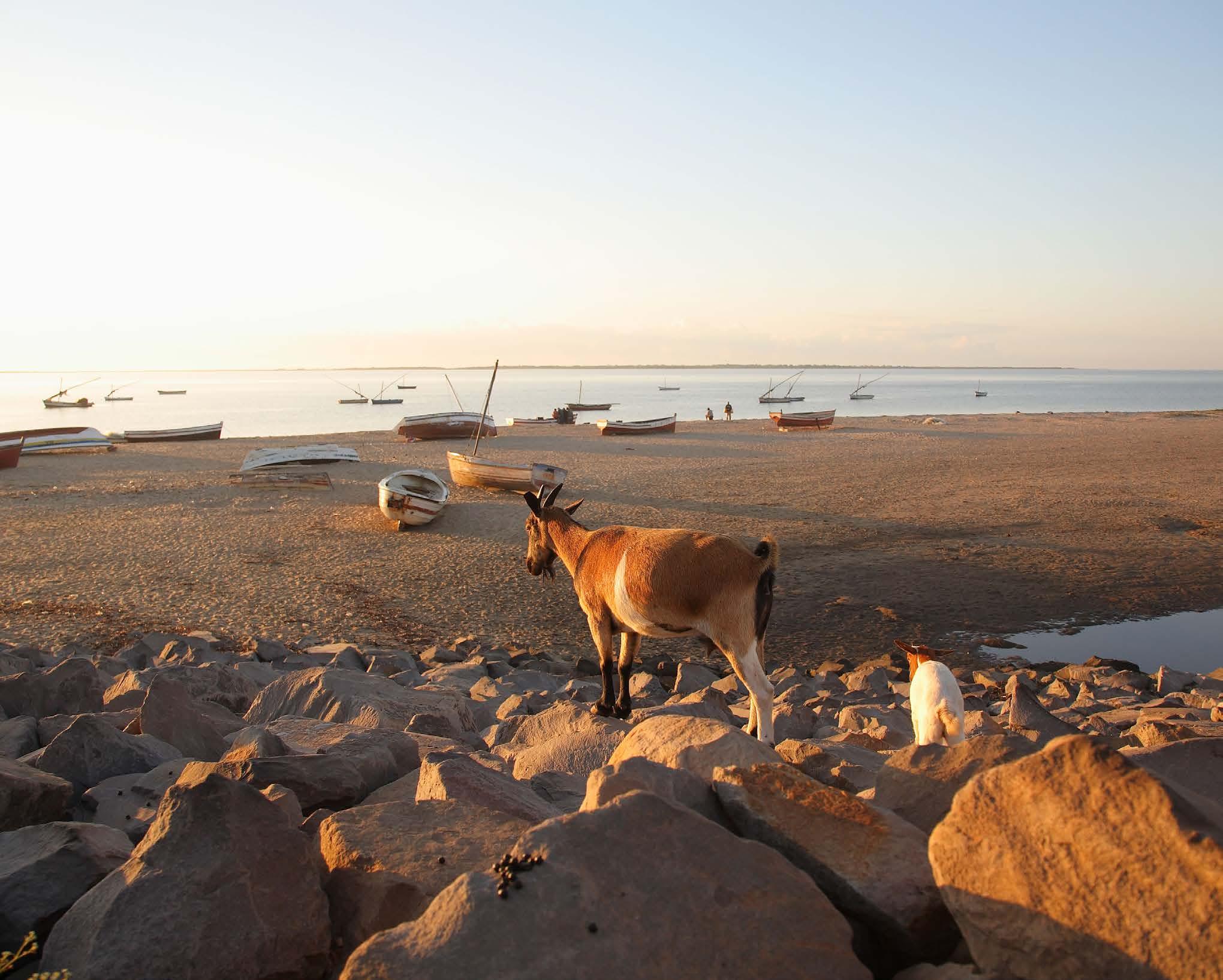
3 minute read
Executive Summary
In recent years, downstream oil theft—the criminal exploitation of refined petroleum products—has become a lucrative global industry, posing manifold economic, security, environmental, and social threats that must be effectively addressed. This report examines concrete countermeasures, legal and policy measures, and regional and international measures that can combat downstream oil theft and prevent its revenues from funding far more nefarious activities, including terrorist attacks as well as trafficking in drugs, weapons, and persons.
The first line of defense against downstream oil theft consists of concrete countermeasures: technologies that can be used to gain visibility on both fuel flows and activities in the physical spaces surrounding those flows.
Fuel marking, especially with covert molecular markers that are detected in very low concentrations by sophisticated instruments and can be made impossible to “launder” out of refined products except at prohibitive cost, has proved highly successful in detecting widespread and sometimes overlapping forms of downstream crime, including fuel adulteration, fuel dilution, diversion of subsidized products, and dumping of export or transit fuel. Governments around the world that have implemented molecular marking programs have routinely seen sharp reductions in these crimes and corresponding increases in revenues. Other technologies—including aerial surveillance, Global Positioning System (GPS) tracking, digitized metering, and sophisticated monitoring platforms— offer different, often complementary windows on the downstream sector.
Concrete countermeasures, however, only address the “risk” aspect of criminals’ risk-reward calculus. To confront the “reward” side, a coherent strategy against downstream crime must also include legal and regulatory measures. Price interventions that create distortions in the market are major incentives for downstream crime, and one of the most important policy remedies for fuel theft is fuel subsidy reform, including leveraging technology to change how subsidies are targeted and delivered. Such policy shifts can counter the smuggling and adulteration that fuel subsidies incentivize. Phasing out fuel subsidies altogether, though likely to reap enormous benefits in the long term, is a far more difficult undertaking. It is, therefore, critical that governments time any reforms, when possible, to coincide with down periods in the oil markets, and that any gradual reductions in subsidies be paired with compensatory social programs. The promotion and enforcement of transparency in the downstream sector through appropriate legal and regulatory frameworks is another critical policy countermeasure.
A great deal of downstream crime crosses borders, and even oceans, and its repercussions are seldom limited to one country. It, therefore, needs to be confronted with countermeasures that involve regional and international mechanisms. Trade agreements and customs unions can serve as frameworks in which states can coordinate their efforts against downstream crime. Signatories to such agreements can share the benefits, including recouped revenues, that come with regionally coordinated efforts to police trade in the downstream sector. There are also a number of national and international legal instruments that can be leveraged against downstream criminals. These range from specific laws to an array of international conventions and other mechanisms against organized crime and corruption.
In areas where maritime fuel smuggling is rampant, coordinated activities such as joint or combined maritime patrols and regional maritime security frameworks have enjoyed striking success. This is all the more important given the intricacies of sovereignty and jurisdiction on the seas; the failure to recognize those legal constraints can undo an otherwise successful operation. Perhaps the most problematic regional and international concern related to downstream crime is the flourishing of conflict economies, in which the proceeds from fuel theft and smuggling help perpetuate large-scale human suffering. Such crises usually defeat most forms of intervention, but the international community must keep working to craft strategies to close off the use of refined products to inflict human misery.
Governments seeking to counter downstream crime should consider the following recommendations:
Conduct a thorough risk assessment for crime and corruption in the downstream sector;
Use concrete countermeasures to gain visibility on downstream flows and increase the sense of risk for criminal actors;
Craft or reform policies, especially those related to fuel subsidies and other pricing mechanisms, to disincentivize some forms of downstream crime;
Shape laws and regulatory policies so as to explicitly criminalize downstream theft and fraud, and provide sufficiently deterrent penalties;
Determine how best to leverage both domestic and foreign laws, where applicable, to investigate and prosecute downstream crimes; Proactively coordinate with other states in controlling cross-border crime, conducting investigations, and prosecuting transnational downstream criminal operations;
Pursue stakeholder engagement strategies that alert stakeholders to the destructive effects of downstream crime and the need for concerted action against it; and
Use data collected from the above activities to refine the suite of countermeasures, track downstream crime as it evolves, and adapt to the changing tactics of criminals.
Goats wander at the fishing quarter in Maputo, Mozambique. Source: Wikimedia Commons/Stevie Mann





